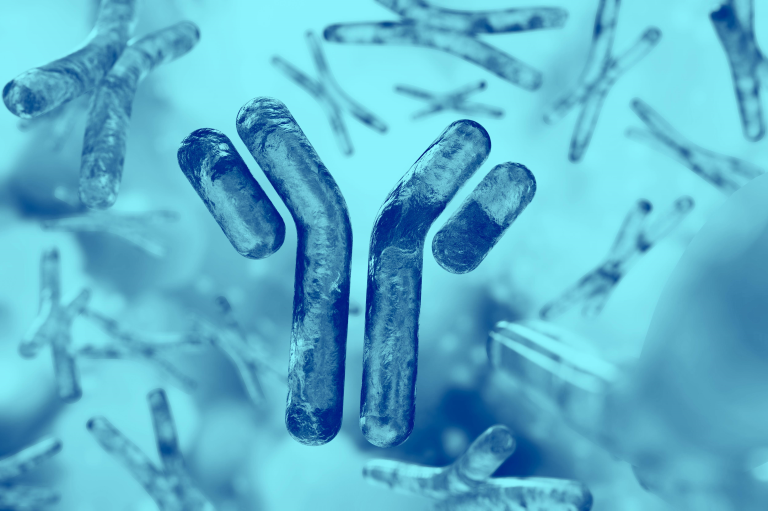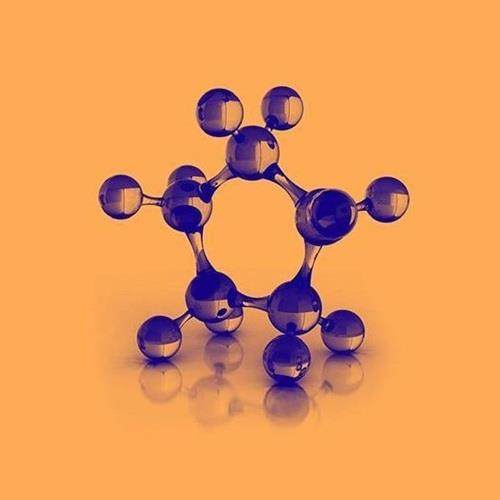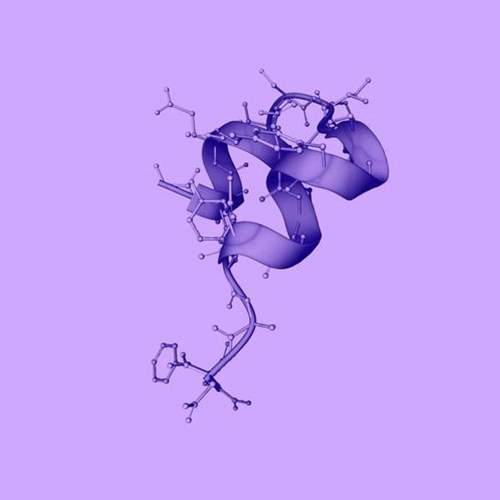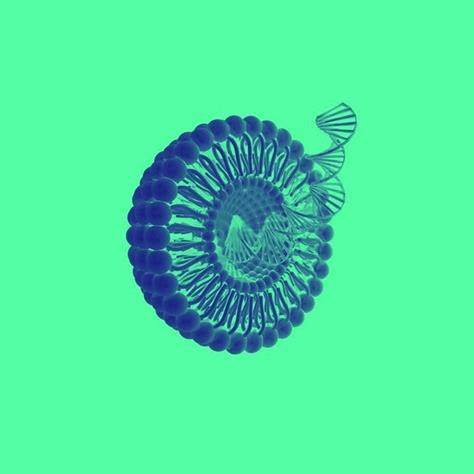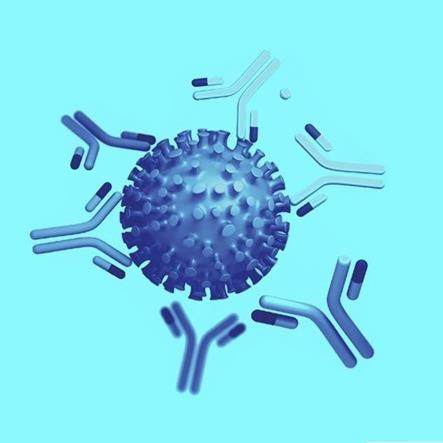Your adjuvant development partner
We support you with the adjuvant solution for your vaccine needs
We are an industry leader in human and veterinary vaccine adjuvants. Leveraging over 80 years of expertise, our collaborations start at all stages of the vaccine manufacturing process.
Our comprehensive portfolio of components accelerates the production of complete adjuvant systems.
Let's create a tailored vaccine solution together.
Leading source of next-generation adjuvants
Vaccines save countless lives. We can protect even more people by building the vaccines of the future. This is only possible if we unveil new adjuvant options.
We support you with immunostimulators and adjuvant systems that fulfill the needs of your vaccines. We're partnering with world-leading scientists to unlock novel technologies. Together, we can create breakthroughs in prophylactic and therapeutic vaccine development. Our unique supply capabilities can support you from early research to large-scale, commercial production. Capitalise on our diverse portfolio and breadth of knowledge to bring the next generation of safe and effective vaccines into the world.
Empowering the development of tomorrow's vaccines
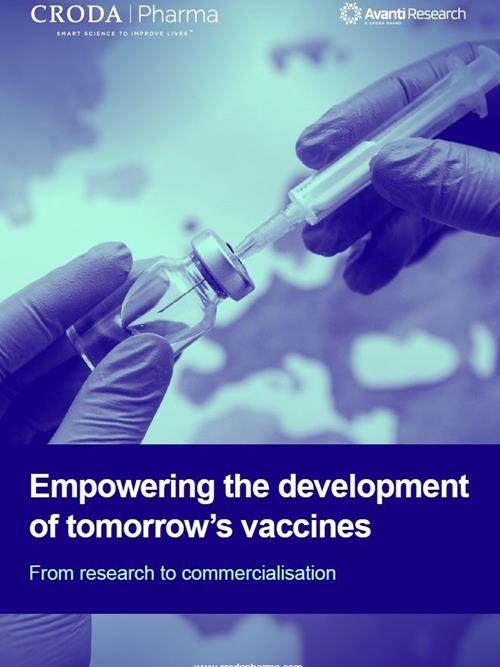
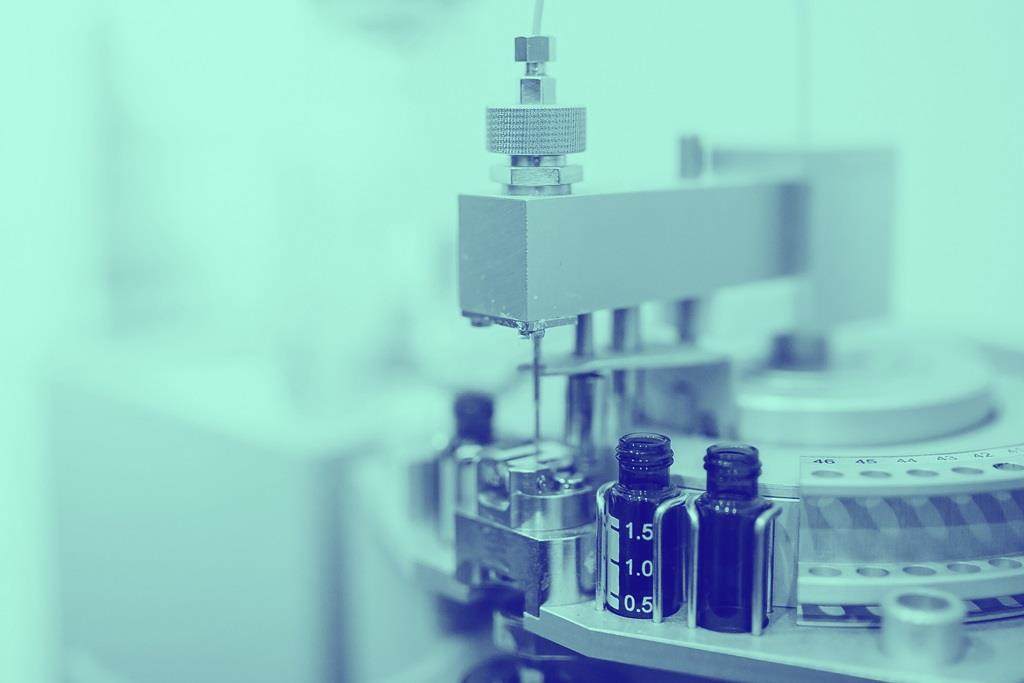
What are adjuvants?
Adjuvants have been used for decades to help enhance the immune response to vaccine antigens. Most of us understand the fundamentals of vaccines: introduce part of a pathogen to our immune system, in order to elicit a specific, lasting immune response that protects us from a future infection. Adjuvants are vaccine ingredients that can help induce a strong immune response in certain formulations. Today, aluminium salts are the most widely used adjuvants, whilst scientists and vaccine manufacturers are continuously innovating to expand the repertoire of available adjuvant options.

Vaccine delivery systems

Immunostimulators

Formulation compounds for delivery

Exceptional standards in adjuvant manufacturing
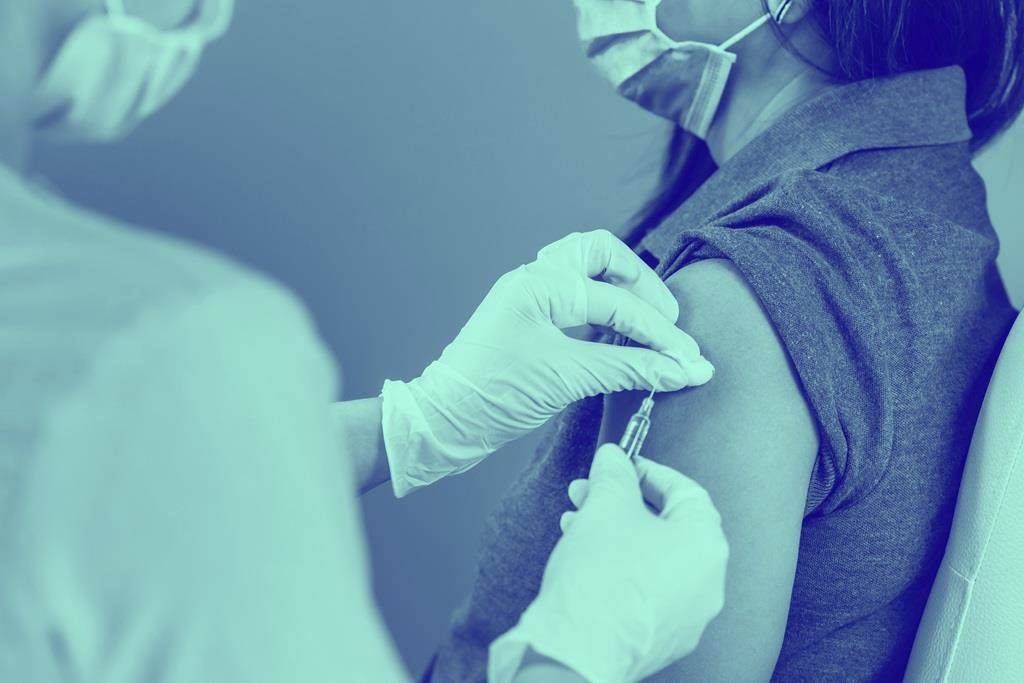
A history of supporting vaccines

Dedicated to your vaccine success
Download our vaccines brochure here:
Supporting Literature
Empowering the development of tomorrow's vaccines

EXCLUSIVE WHITEPAPER: Vaccines for a more sustainable future
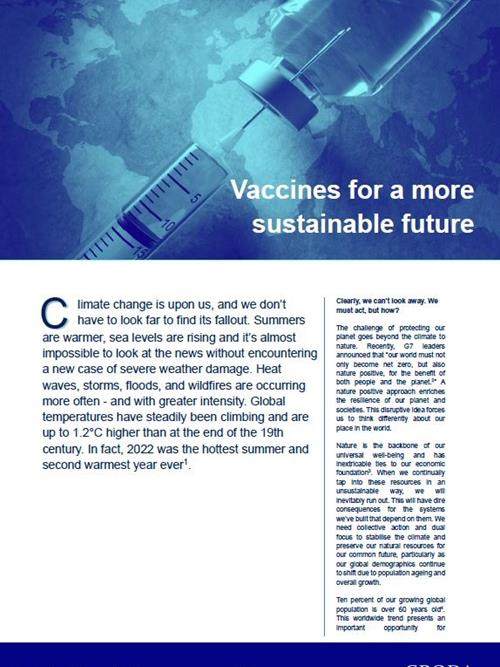

.jpg&mn=healthcare&w=768&xr=0&yr=0&xfp=6&yfp=6&hash=759CB83702D0BA63DE2DB96F3DEFB82519C138999FEC74AA)
